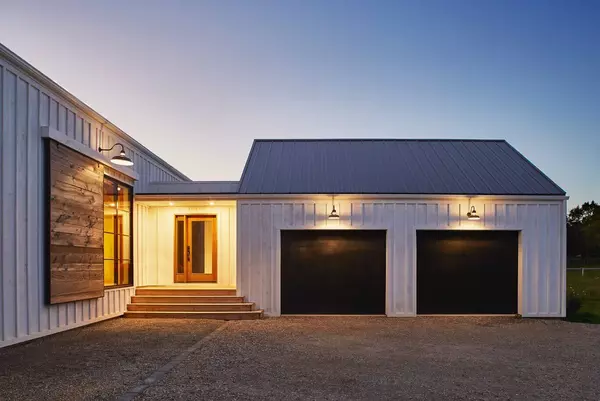
Breaking Down the Real Cost: How to Budget for Your First Winnipeg Home Purchase
Breaking Down the Real Cost: How to Budget for Your First Winnipeg Home Purchase Home buying is a big step, especially if you're doing it for the first time. Understanding all the costs involved is key to making it happen smoothly. In Winnipeg, the real estate market is varied and lively. Whether yo

What Really Decides the Price of a House in Winnipeg?
What Really Decides the Price of a House in Winnipeg? For those thinking about buying or selling a home in Winnipeg, knowing a home's true value is really important. Whether you're a professional looking to upsize, downsize, or buy your first home, understanding how realtors assess a home's value ca

Should You Buy a Fixer-Upper?
Should You Buy a Fixer-Upper? Making the Right Decision in Winnipeg Buying a home is an exciting journey. For many people in Winnipeg, the idea of purchasing a fixer-upper—the kind of home that might need a little love and attention—can be tempting. But is it a smart move or just a big drain on your
Categories
Recent Posts










